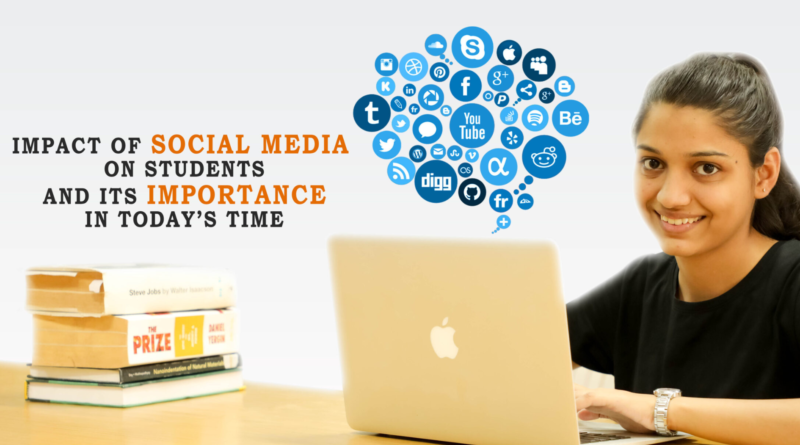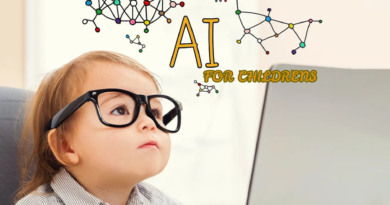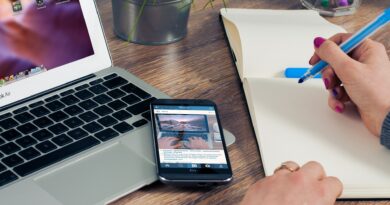THE IMPACT OF SOCIAL MEDIA ON STUDENT LIFE AND CAREER
In today’s world, social media has become an important part of everyone’s life, especially for students. Platforms like Facebook, Instagram, YouTube, Twitter, and LinkedIn are not just used for entertainment but also for education, networking, and career growth. While social media brings many benefits, it also has some negative effects if not used carefully. For students, it plays a big role in shaping their daily lifestyle, learning habits, and even their future careers.
Social Media and Student Life
Students spend a large part of their day online, and social media is often the main attraction. It allows them to connect with friends, share ideas, and stay updated with the latest trends. Many students use these platforms to join study groups, watch educational videos, and access free learning materials. For example, YouTube tutorials and online classes help students understand difficult subjects in a simple way. Similarly, apps like WhatsApp or Telegram are used for group discussions and quick sharing of notes.
At the same time, social media also entertains students. It provides relaxation after a long day of studies. Funny videos, memes, and interactive posts give them a break from stress. In this way, social media influences their mood, creativity, and social interactions.
However, too much use of social media can also affect their daily routine. Many students spend hours scrolling through feeds, which reduces the time available for studies, sports, and personal development. This often leads to poor time management, late-night usage, and even addiction. Therefore, balance is important.
Positive Impact on Education
One of the biggest advantages of social media for students is access to knowledge. Educational pages, online lectures, career guidance channels, and motivational content are available freely. Students can follow global experts and learn new skills without spending money. Platforms like LinkedIn also provide professional resources and internship opportunities.
Social media also helps in collaborative learning. Students from different schools or countries can connect and share ideas. For instance, a student in India can learn coding tips from a mentor in the USA through online communities. This global exposure broadens knowledge and builds confidence.
Moreover, during the COVID-19 pandemic, social media and online platforms became the main source of learning. It helped students attend classes, submit assignments, and stay connected with teachers. This shows how social media can be a strong tool for modern education.
Social Media and Career Growth
Apart from student life, social media has a big impact on careers. Platforms like LinkedIn are designed to connect students with professionals, companies, and job opportunities. A well-maintained LinkedIn profile works like an online resume, showcasing skills, achievements, and certifications. Recruiters often check social media accounts before hiring, which means students should build a positive online image.
Social media also provides career inspiration. By following industry leaders, students learn about career paths, job trends, and new skills required in the market. Many companies also post job openings directly on social platforms, giving students quick access to opportunities.
At the same time, social media allows students to create their own personal brand. For example, someone interested in photography can share their work on Instagram. A student passionate about writing can publish blogs or posts on Medium or LinkedIn. These activities not only showcase talent but also attract career opportunities in the future.
Negative Effects on Career
While social media helps in career development, it can also harm it if misused. Inappropriate posts, controversial comments, or careless online behavior can create a negative impression. Employers often check a candidate’s online presence, and a bad reputation can reduce chances of getting hired.
Another issue is distraction. Spending too much time on social media reduces focus on studies and skill-building, which are essential for career growth. Many students get influenced by unrealistic lifestyles shown online, which leads to comparison, stress, and low confidence.
Cyberbullying and online scams are also major risks. Students need to be aware of privacy settings and avoid sharing personal details with strangers. Responsible usage is the key to staying safe online.
Striking the Right Balance
The impact of social media on student life and career depends on how it is used. If students use it wisely, it can become a powerful tool for learning, networking, and success. On the other hand, overuse or misuse can damage both academic performance and career opportunities.
To strike a balance, students should:
Set a daily time limit for social media.
Follow educational and professional pages.
Avoid sharing unnecessary personal information.
Build a positive online profile for career growth.
Use social media for learning new skills instead of wasting time.




